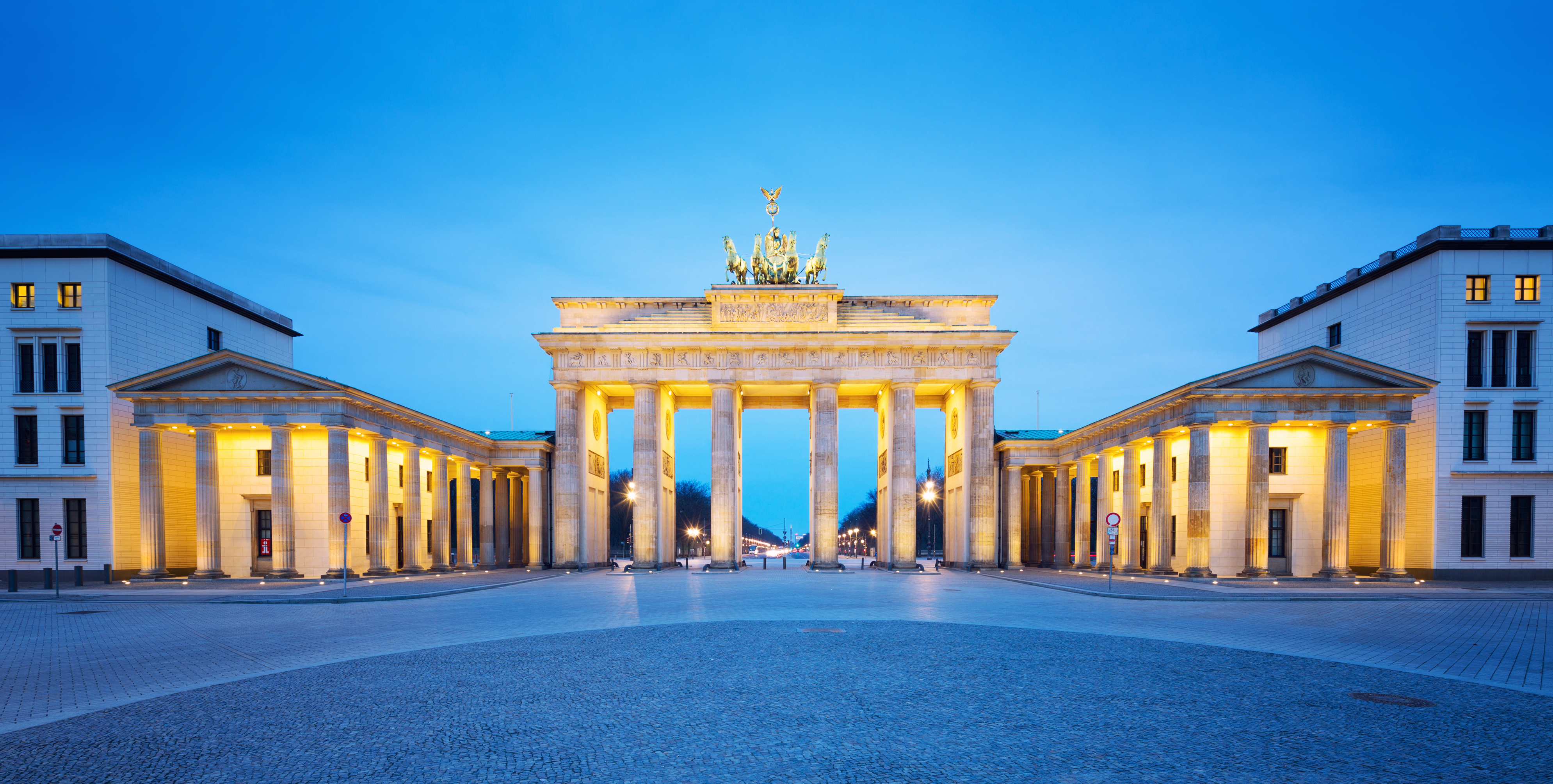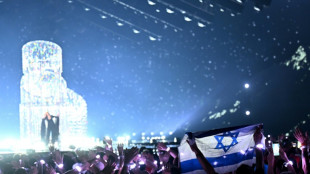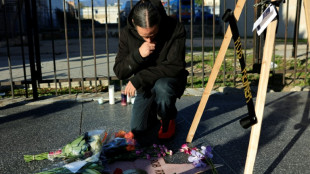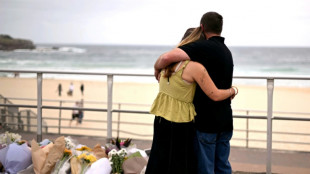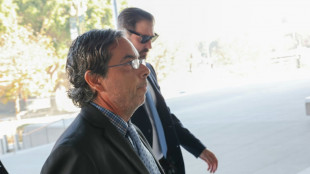Nepal rocked by protests despite overturn of social media ban
Young protesters in Nepal defied a curfew on Tuesday to vent anger at the government a day after one of the deadliest crackdowns in years in which at least 19 people were killed.
The protests, which began on Monday with demands that the government lift a ban on social media and tackle corruption, reignited despite the apps going back online.
Kathmandu police spokesman Shekhar Khanal said that several groups had refused to obey a curfew on Tuesday, telling AFP there were protestors in the street in many areas including "cases of fire and attacks".
Some targeted the properties of politicians and government buildings, according to an AFP photographer and local media reports.
Prime Minister KP Sharma Oli, 73, has ordered a probe into the violence and on Tuesday said he will head all-party talks in a bid to bring about a "meaningful conclusion" to the violence.
The interior minister resigned on Monday, according to a government statement, while two others quit on Tuesday, according to Nepali media.
"The social media platforms have been opened, which was among the Gen Z's demands," Minister for Communication Prithvi Subba Gurung told AFP, referring to young people aged largely in their 20s.
"We are open to talk with the protesters."
The social media ban fed into existing anger at the government in a country with a youth bulge.
People aged 15-40 make up nearly 43 percent of the population, according to government statistics -- while unemployment hovers around 10 percent and GDP per capita at just $1,447, according to the World Bank.
Slogans demanding accountability from the authorities have been a feature at the protests.
"Nearly 20 people were murdered by the state -- that shows the scale of police brutality," 23-year-old student Yujan Rajbhandari said Tuesday, who took in the demonstrations a day earlier.
"The government ... have to take responsibility for the lives that were lost," Rajbhandari.
Several social media sites -- including Facebook, YouTube and X -- were blocked on Friday in the Himalayan nation of 30 million people, after the government cut access to 26 unregistered platforms.
Amnesty International said live ammunition had been used against protesters on Monday, and the United Nations demanded a swift and transparent probe.
- 'Silencing an entire generation' -
Police in Kathmandu on Monday clashed with the crowds when protesters pushed through barbed wire and tried to storm into a restricted area near parliament.
Seventeen people were killed in Kathmandu, police said, and two more in the eastern district of Sunsari, according to local media.
Police said about 400 people were injured, including more than 100 police.
Since Friday, videos contrasting the struggles of ordinary Nepalis with the children of politicians flaunting luxury goods and expensive vacations have gone viral on TikTok, which was not blocked.
Popular platforms such as Instagram have millions of users in Nepal who rely on them for entertainment, news and business. Others rely on the apps for messaging.
"This isn't just about social media -- it's about trust, corruption, and a generation that refuses to stay silent," the Kathmandu Post newspaper wrote.
"Gen Z grew up with smartphones, global trends, and promises of a federal, prosperous Nepal," it added.
Nepal has restricted access to popular online platforms in the past, including to Telegram in July, citing a rise in online fraud.
It lifted a nine-month ban on TikTok last year after the platform agreed to comply with Nepali regulations.
P.Jahn--BVZ
